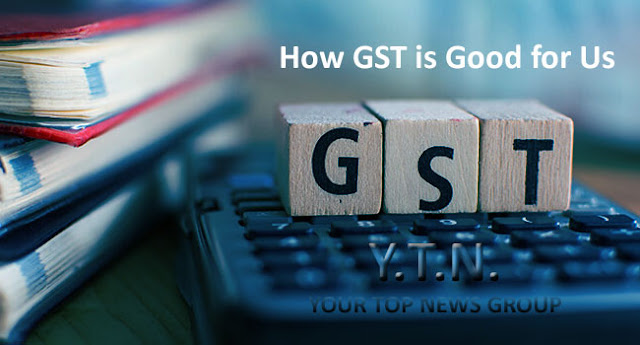Today I am writing about the GST. I am sure you all must have known that Rajya Sabha has passed the GST bill almost unanimously this bill is being touted as one of the biggest reforms in India after 1991 financial reforms. So what is exactly this table and how does it impact us? Before moving to that we will first understand what is GST?
GST means goods and services tax, which means taxes which applies uniformly to goods and services and also it is a uniform tax across India. To understand GST better we need to understand our present taxation system. Tax structure in India is basically divided into two broad categories:
Direct Taxes: Direct taxes are basically the taxes which are taken directly from the individuals for example income tax, corporate tax or direct taxes.
Indirect Taxes: Indirect taxes are paid by the intermediaries on behalf of the final consumer. Indirect taxes are collected by both central and state governments in which central government collects majorly three type of indirect taxes; excise tax, service tax and customs. Excise tax is the tax on production and manufacturing of goods obviously applied by central government and similarly service tax is the tax which is on services provided or are to be provided by the vendor and custom is the tax on international trade.
Moving on to state level taxes where our sales tax is applied on goods distributed within state. Central sales tax is applied on goods moving from one state to another. Similarly entertainment, acts of trial, luxury or all other taxes which state levies now.
GST rationalizes this whole bucket of indirect taxes ideally because GST is a one tax regime but India is going for a well. GST which means there will be a two separate taxes one will be the central GST and the second will be the state GST and all other heads like excise service tax, central sales part and detainment all these taxes will be replaced by the GST. There are still few heads which are not in the GST purview like customs, petroleum Products, tax on liquor, stamp, duty or tax on electricity.
To understand this better let's take an example, we already know the central excise is applied on the manufacture of the product and our sales tax is applied on the distribution of the product, so here the good is supposed at 100 rupees and the Central Excise is at 10 percent which makes it at 110. Now why it is applied on that 110 at 14% which comes out at 15.4 which basically takes tax to 25.4 and our product becomes from 100 to 125.40. Now with GST both central and state GST is applied on the supply side of the product not on the manufacturing so if we take Central GST at 10 percent which is same as Central Excise. We have taken in above example that it comes out to be 10 and state GST at 14 which is at same percentage as VAT. So its beneficial that we don’t need to pay tax on tax.


